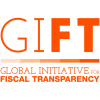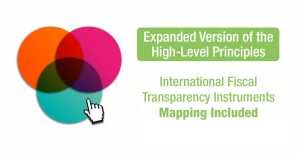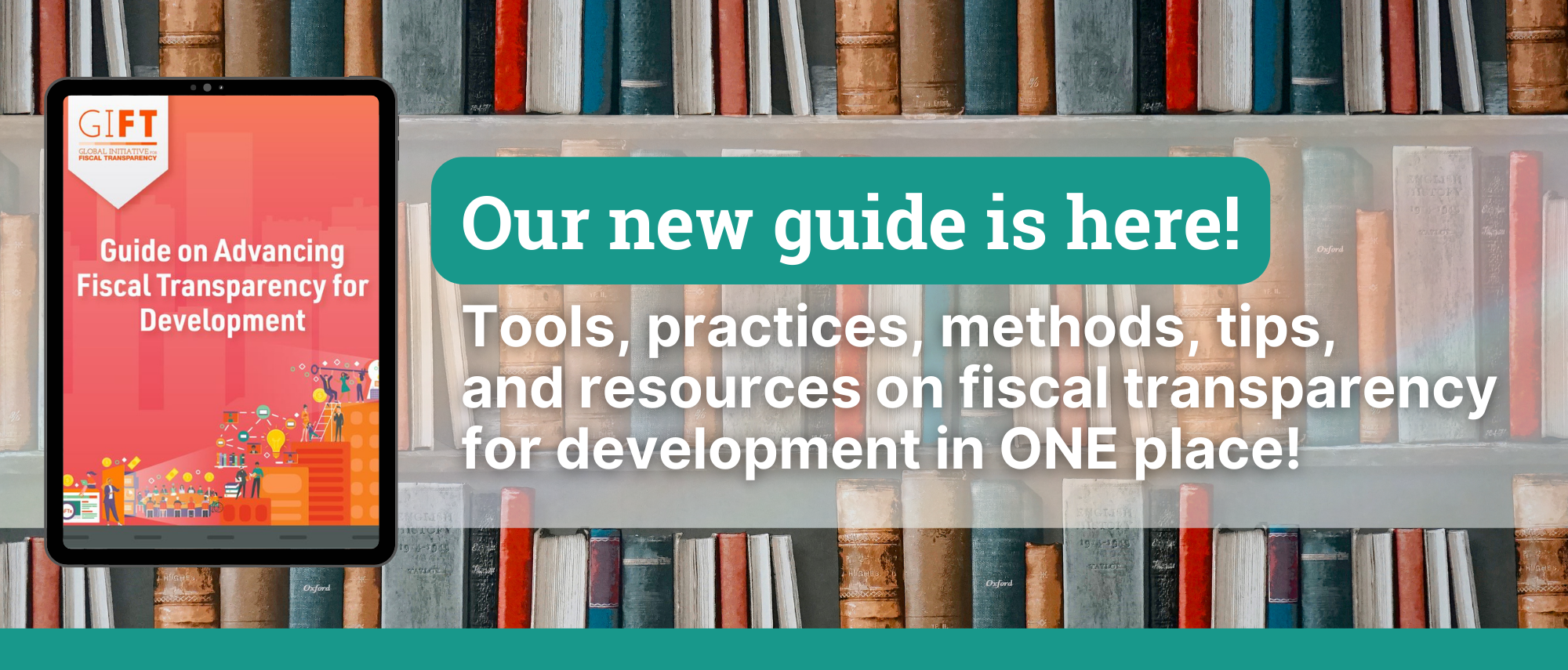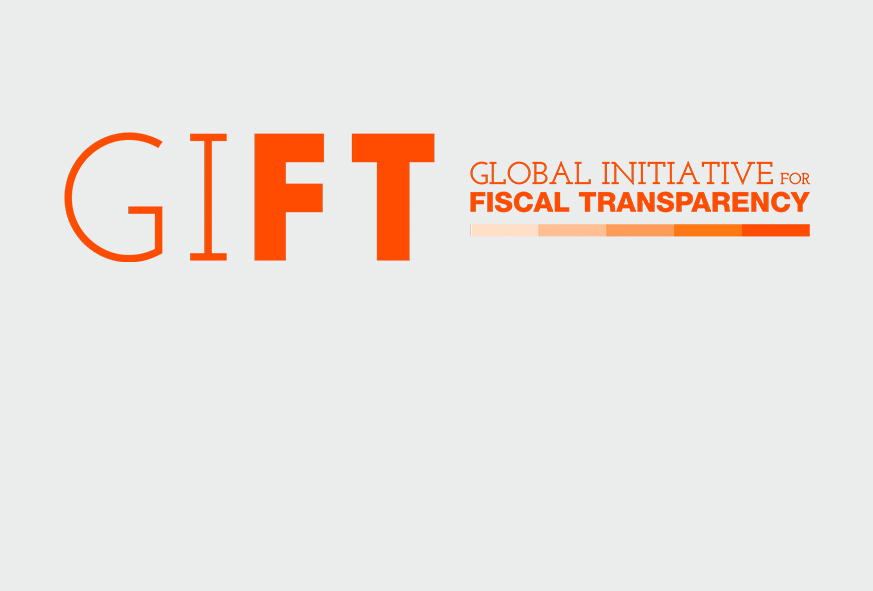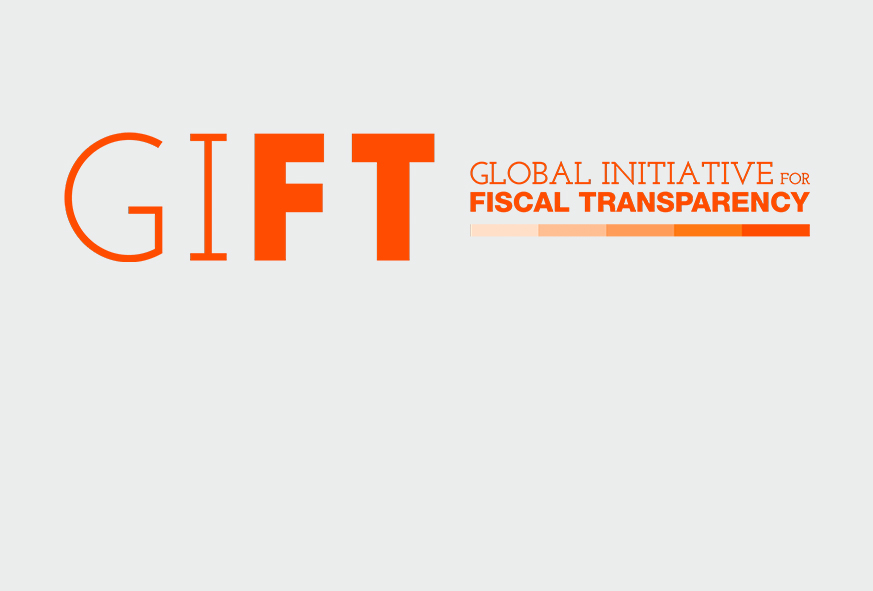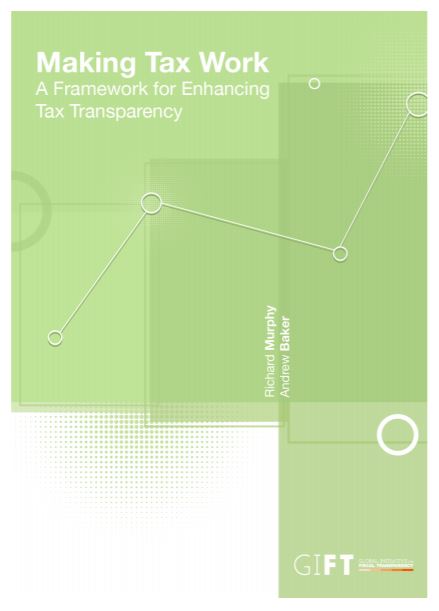About the GIFT Principles
One of GIFT‘s main streams of work is advancing norms on fiscal transparency. An important part of that effort was the drafting of the GIFT High-level Principles on Fiscal Transparency, Participation and Accountability that were recognised by the United Nations General Assembly in 2012 (UNGA Resolution 67/218). This resolution encouraged member states to intensify efforts to enhance transparency, participation and accountability in fiscal policies, including through the consideration of the principles set out by GIFT.
Given the limited guidance on how public entities should engage directly with the public in managing public resources (Principle 10), GIFT embarked on a substantial multi-year work program to generate greater knowledge about country practices and recent innovations in citizen engagement.
In 2016, after an extensive public consultation process, GIFT launched a new set of principles: Principles of Public Participation in Fiscal Policies.
In 2018, an Expanded Version of the High-Level Principles on Fiscal Transparency, Participation and Accountability was issued explaining the role played by the GIFT High-level Principles since 2012 in promoting greater fiscal transparency globally, as well as setting out the relationship between each of the high-level principles and the corresponding standards, norms, assessments, and country practices to which they relate. This version allows a quick overview of the multiplicity of instruments in relation to each other and finding effective entry points to the more detailed sources of information and guidance.
GIFT Guidance
GIFT creates impact by providing a platform for the alignment of global norms and standards in fiscal openness. Over the years, the organization has also led the development of several guidance documents and tutorials on fiscal transparency and public participation, more specifically on open data, user-centered design for digital tools, and fiscal data in emergency responses.
Guide on Advancing Fiscal Transparency for Development
(When) Do Open Budgets Transform Lives? Progress and Next Steps in Fiscal Openness Research
GIFT Guidelines for the Membership of Subnational Government Institutions
(Aug 2021)
Making Tax Work: A Framework for Enhancing Tax Transparency
Fiscal Data for Emergency Response: Guide for COVID-19
Making Tax Work - draft as of Aug 2020
Case Studies
#PublicParticipationCases
Participatory Budgeting in Wuppertal; Germany
Brésil Conseils des politiques publiques 1 : Initiative de participation citoyenne concernant les recettes et les dépenses
Croatia Experts Pre-Budget Consultations Through the Commission on Fiscal Policy
Citizen Participation in the Audit Process in Argentina
Korea, Republic of Top-Down Budgeting: Advisory Committees in the Budget Preparation and Evaluation
Comparative Case Study Research on Public Participation in National-Level Government Fiscal Policy and Budget Processes: Kenya

